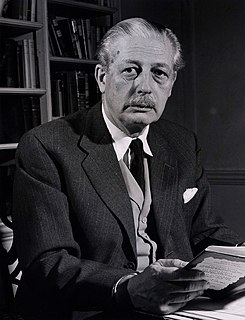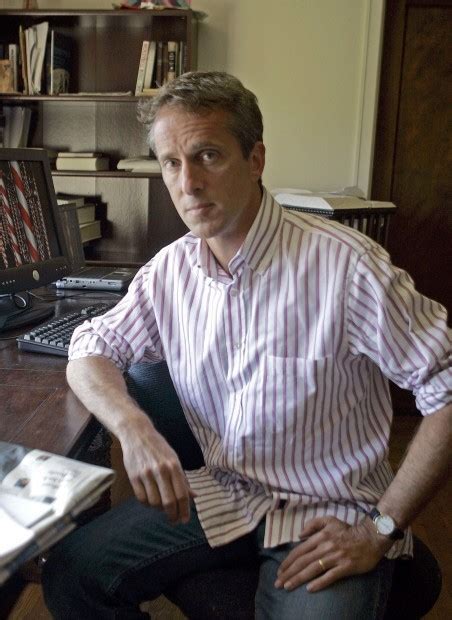A Quote by James K. Polk
General Taylor is, I have no doubt, a well-meaning old man. He is, however, uneducated, exceedingly ignorant of public affairs, and I should judge, of very ordinary capacity.
Related Quotes
There should be a law that no ordinary newspaper should be allowed to write about art. The harm they do by their foolish and random writing it would be impossible to overestimate--not to the artist but to the public.... Without them we would judge a man simply by his work; but at present the newspapers are trying hard to induce the public to judge a sculptor, for instance, never by his statues but by the way he treats his wife; a painter by the amount of his income and a poet by the colour of his necktie.
There is a very holy and a very terrible isolation for the conscience of every man who seeks to read the destiny in affairs for others as well as for himself, for a nation as well as for individuals. That privacy no man can intrude upon. That lonely search of the spirit for the right perhaps no man can assist.
For in a government of laws and not of men, no man, however prominent or powerful, and no mob however unruly or boisterous, is entitled to defy a court of law. If this country should ever reach the point where any man or group of men by force or threat of force could long defy the commands of our court and our Constitution, then no law would stand free from doubt, no judge would be sure of his writ, and no citizen would be safe from his neighbors.
Cuvier had even in his address & manner the character of a superior Man, much general power & eloquence in conversation & great variety of information on scientific as well as popular subjects. I should say of him that he is the most distinguished man of talents I have ever known on the continent: but I doubt if He be entitled to the appellation of a Man of Genius.
As an example of just how useless these philosophers are for any practice in life there is Socrates himself, the one and only wise man, according to the Delphic Oracle. Whenever he tried to do anything in public he had to break off amid general laughter. While he was philosophizing about clouds and ideas, measuring a flea's foot and marveling at a midge's humming, he learned nothing about the affairs of ordinary life.
I enter a most earnest plea that in our hurried and rather bustling life of today we do not lose the hold that our forefathers had on the Bible. I wish to see the Bible study as much a matter of course in the secular colleges as in the seminary. No educated man can afford to be ignorant of the Bible, and no uneducated man can afford to be ignorant of the Bible.
But there's the rub. The present can never deliver one thing: meaning. The way of happiness and meaning are not the same. To find happiness, a man need only live in the moment; he need only live for the moment. But if he wants meaning--the meaning of his dreams, his secrets, his life--a man must reinhabit his past, however dark, and live for the future, however uncertain. Thus nature dangles happiness and meaning before us all, insisting only that we choose between them.
Control of thought is more important for governments that are free and popular than for despotic and military states. The logic is straightforward: a despotic state can control its domestic enemies by force, but as the state loses this weapon, other devices are required to prevent the ignorant masses from interfering with public affairs, which are none of their business… the public are to be observers, not participants, consumers of ideology as well as products.





























